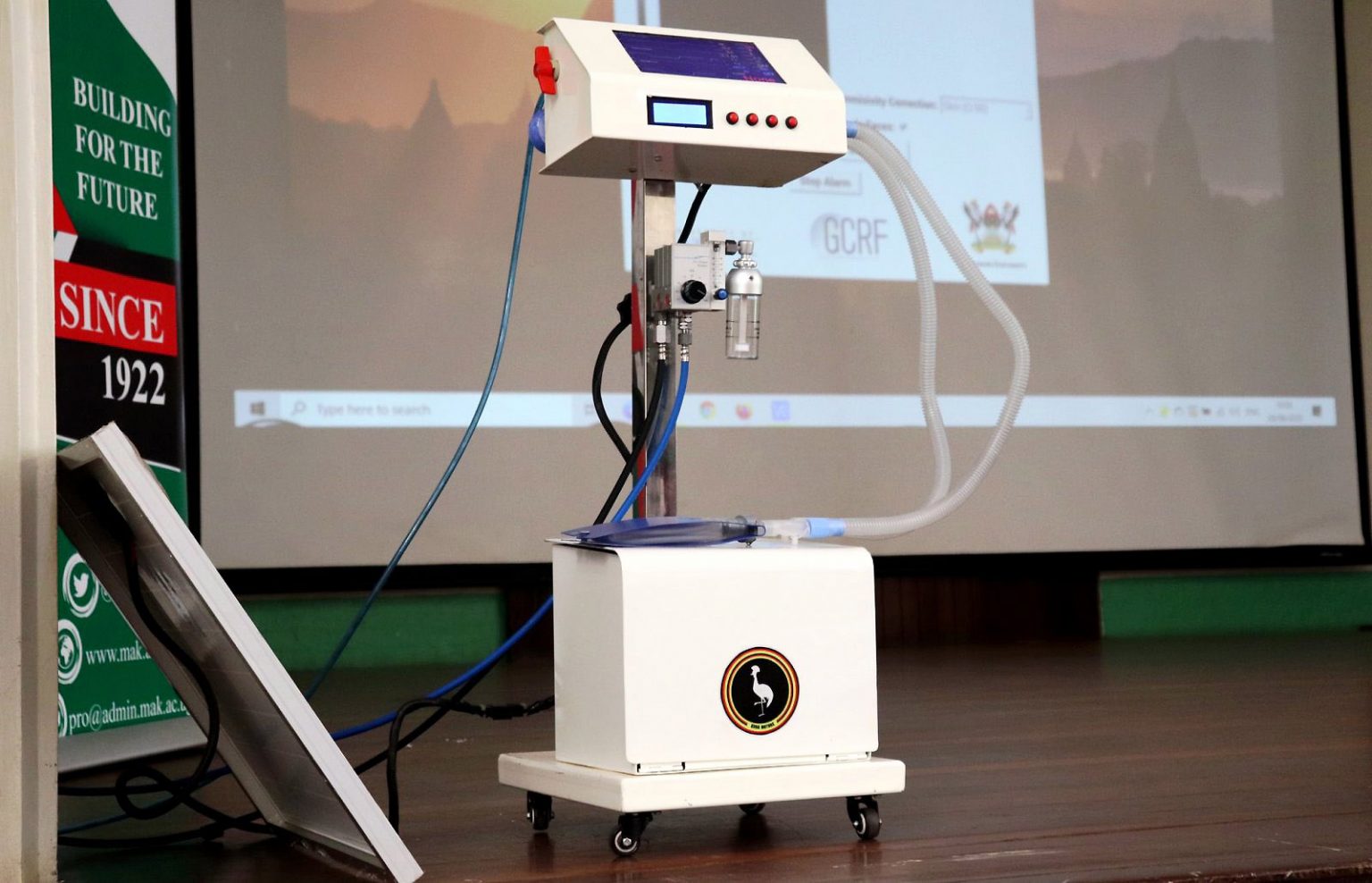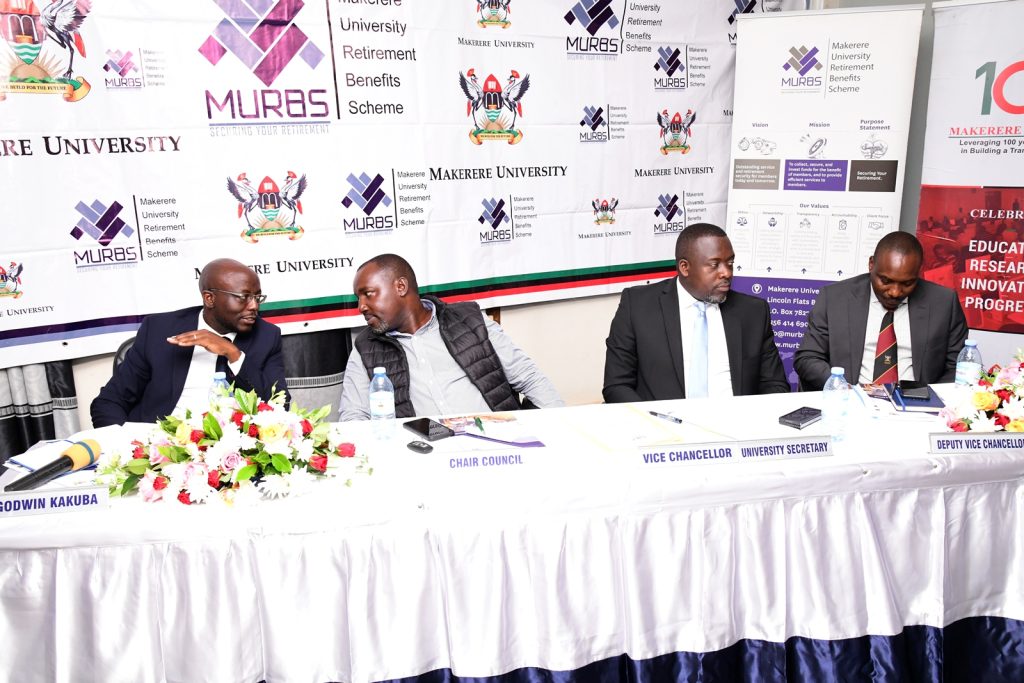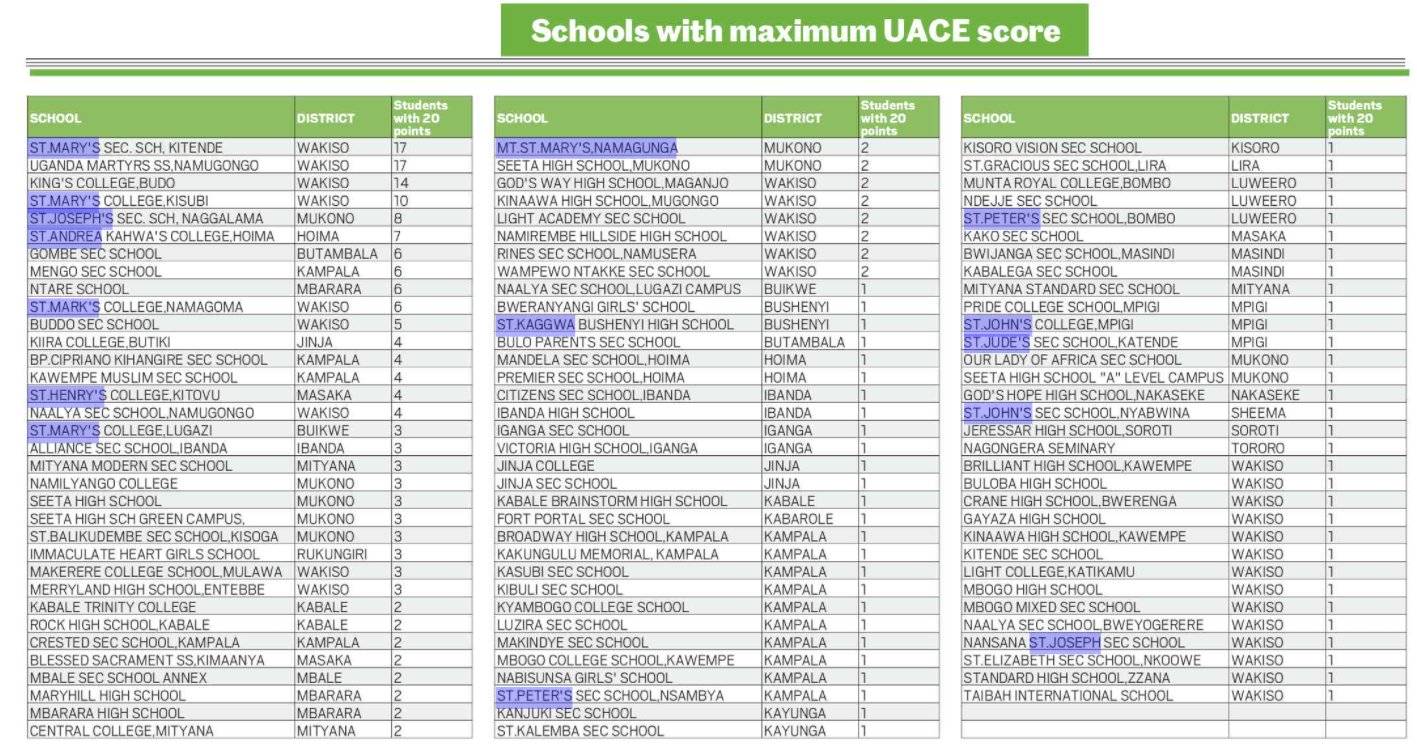A notable surge in oxygen access and pulse oximetry among neonates and children in Ugandan health facilities has been observed in a comprehensive study conducted by Makerere University and Kiira Motors Corporation. The findings, published in The Lancet, highlight the positive impact of an intervention to strengthen diverse oxygen systems on diagnosis, oxygen therapy utilization, and mortality rates.
Led by Dr. Freddie Ssengooba and Dr. Freddy Eric Kitutu, co-chairs of the Lancet Global Health Commission on Medical Security, the study, titled “Improving Effective Coverage of Medical Oxygen Services for Neonates and Children in Health Facilities in Uganda: A Before-After Interventional Study,” demonstrates substantial improvements in hospital oxygen services within a relatively short timeframe.
Between June 2020 and June 2022, the intervention study covered 31 government health facilities in Uganda’s Busoga and North Buganda regions, situated at altitudes of 1100-1400 meters. Key outcomes measured included the proportion of patients with documented pulse oximetry on admission, severe hypoxaemia patients receiving oxygen, overall oxygen usage, and appropriate oxygen usage.
Key Findings:
- Pulse oximetry coverage increased significantly from 24% to 88% during the intervention period.
- Oxygen coverage for children and neonates with low oxygen levels rose from 40% to 71%.
- Overall oxygen usage slightly increased from 8% to 11%.
The study emphasises the feasibility of achieving large-scale improvements in hospital oxygen services within a short span, urging low-income and middle-income countries to formulate oxygen plans and invest in proven solutions. The incorporation of pulse oximetry in routine hospital care and the provision of clinical and biomedical mentorship are recommended strategies.
These findings underscore the critical role of medical oxygen in addressing acute and chronic health issues, with the study calling for concerted efforts to overcome challenges related to inconsistent oxygen supplies in low- and middle-income nations.
Funding for the study was provided by the Bill and Melinda Gates Foundation (BMGF) and ELMA Philanthropies to the Clinton Health Access Initiative (CHAI). The study received approval from the Makerere University School of Health Sciences Research and Ethics Committee and the Uganda National Council of Science and Technology.




















